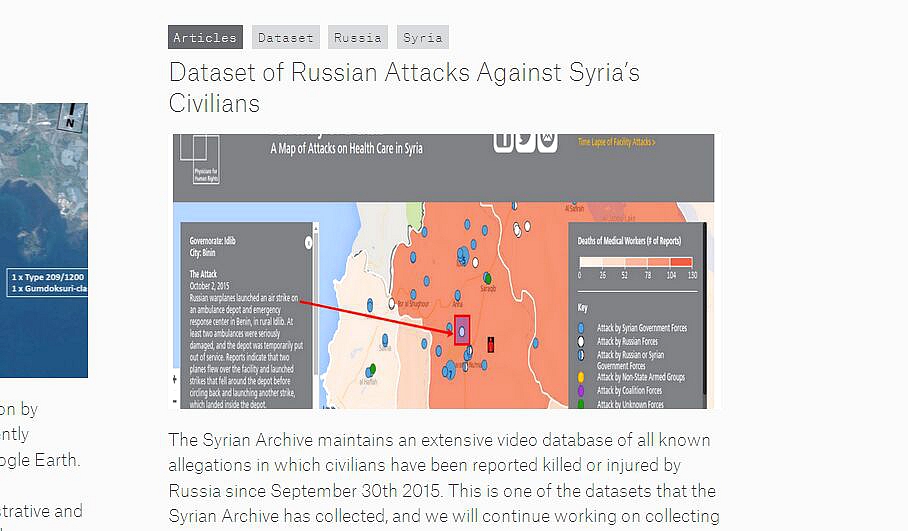Chairman of the Foreign Affairs Committee of the Saeima Rihards Kols said of the move: “Bellingcat has made contributions to uncovering some of the biggest issues in recent history, making international headlines when they uncovered that Salisbury poisoning suspect Ruslan Boshirov is in fact Colonel Anatoliy Vladimirovich Chepiga, a highly decorated senior officer from Russian military intelligence who was awarded the state’s highest honour in late 2014. Bellingcat has been bringing the same single-minded dedication and commitment to all their investigations, and certainly will continue to do so. All Bellingcat findings have a certain quality in common – they seek to uncover the truth in the most controversial, most difficult places and subjects.”
The nomination letter states that Bellingcat has contributed to the emergence of a new type of journalism bringing together so-called "citizen investigative journalists" using open source information to investigate, collaborate and report worldwide issues.
Chairman of the Committee on Foreign Affairs of Seimas (Parliament) of Lithuania Juozas Bernatonis said: “Through their activities and investigative journalism, they actively contribute to the protection of our democratic system from disinformation, fake news, which are being spread seeking to increase fragmentation of societies, hostility and distrust of democracy. Today, we are talking a lot about “fake news”, “troll factories”, and looking to the future, we need to think about the challenges that will arise with the development of artificial intelligence, rapid advances of new technologies.”
Chairman of the Foreign Affairs Committee of the Riigikogu (Parliament) of Estonia Marko Mihkelson added: “Bellingcat harnesses the best qualities of people working together for one commendable goal. Their knowledge of using digital technology for open source investigation has already made significant impact on the international relations. I hope that they keep bringing to light the murky doings of darker powers that wish to sow discord and distrust.”
Though the joint nomination will likely carry significant weight, it is worth remembering that anyone can nominate anyone else for a Pulitzer, subject to certain conditions and payment of a 75 dollar fee. Indeed it is not unknown for the seedier sorts of journalists to nominate themselves solely in order to say they have been "Pulitzer nominated" on their CVs, as it sounds rather impressive.
What matters is making the Pulitzer shortlist, and it remains to be seen if the Baltic initiative will lead to that outcome. Any person may submit material to the Pulitzer Prize competition, whether an editor of a news organization, an individual journalist or a reader. To be eligible for consideration, work must derive from a U.S. newspaper, magazine, wire service or news site that publishes regularly.
The full rules and regulations for Pulitzer nominations are available on the official website.





























